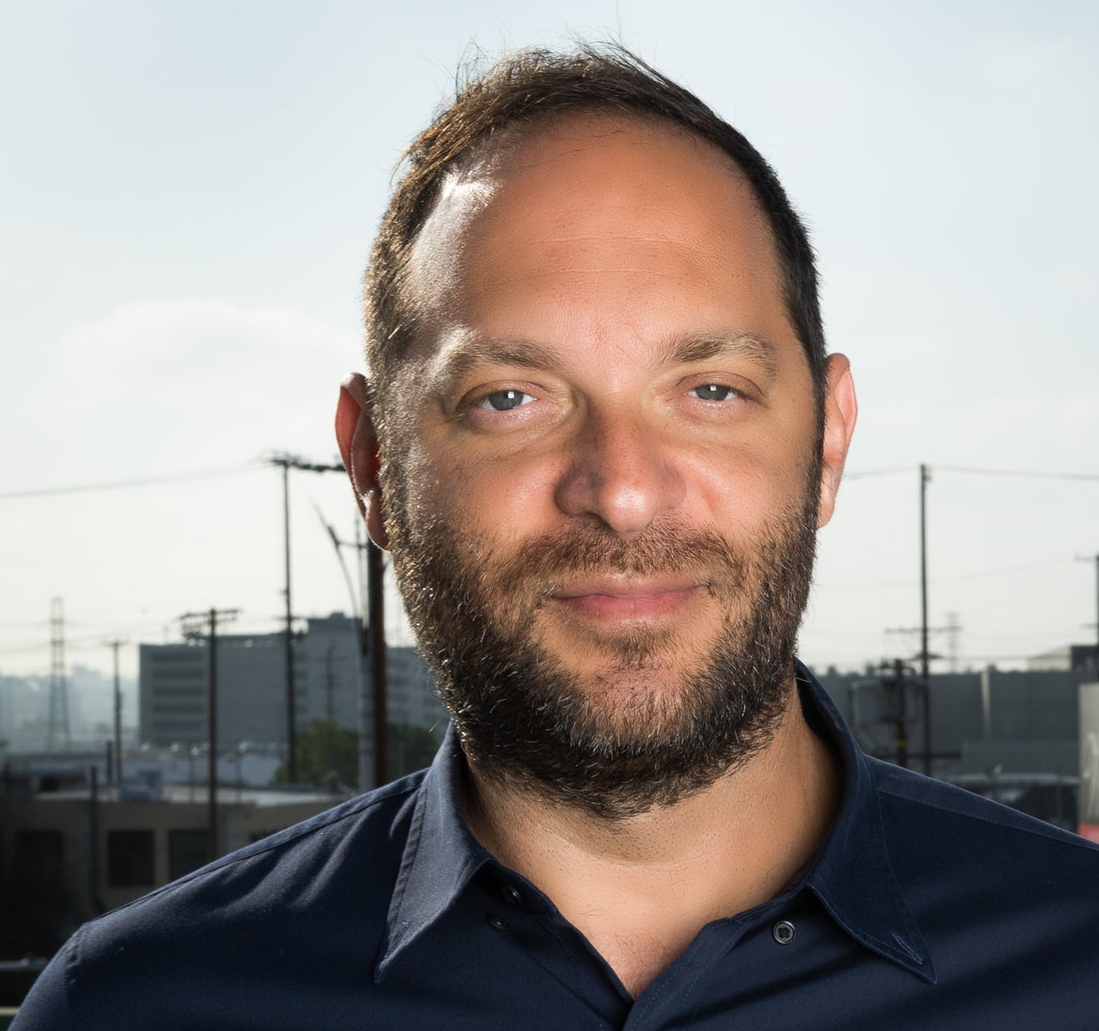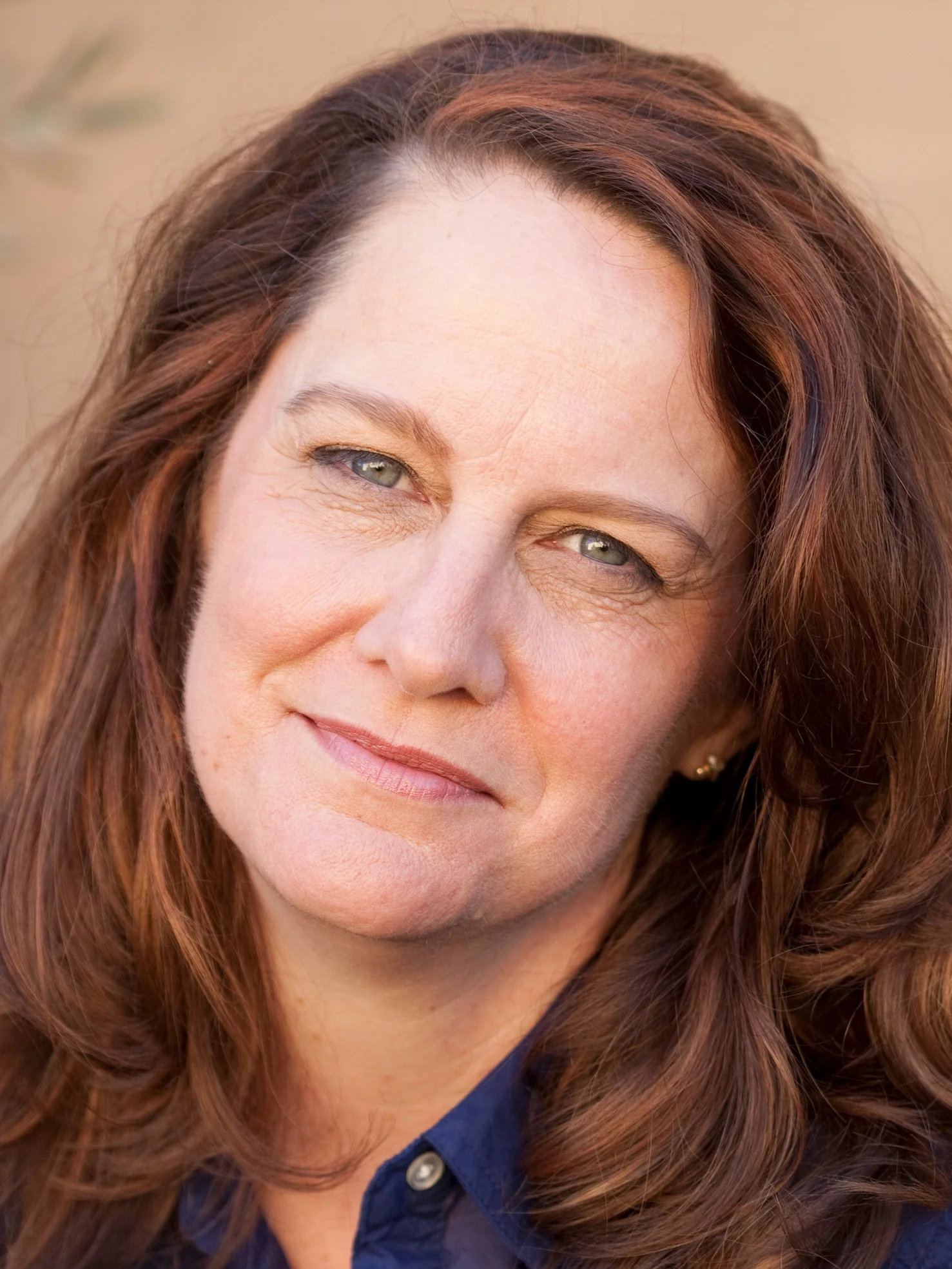Have you ever wanted to write someone's life story, perhaps one other than your own? The interview this month with my dear friend Adam Skolnick offers some great insight into the creative process behind his first narrative non-fiction book.
An experienced journalist, Adam was covering an international freediving competition in the Bahamas when the unthinkable happened. Renowned freediver Nicholas Mevoli died tragically during the competition just 10 feet away; and after covering the story for the New York Times, Adam couldn't shake the experience. Now three years later his book One Breath (Crown Archetype, January 2016) has hit the shelves. Through the portrait of this young man, Adam explores the fascinating sport of freediving and the desire of these unique athletes to push human limits.
Adam Skolnick has written for the New York Times, Playboy, Outside, ESPN.com, BBC.com, Salon.com, Men's Health, Wired, and Travel + Leisure, among others. He has visited 45 countries and authored or coauthored over 25 Lonely Planet guidebooks. His coverage of Nicholas Mevoli's death at Vertical Blue earned two APSE awards. From that emerged his narrative non-fiction book, One Breath -- a gripping and powerful exploration of the strange and fascinating sport of freediving, and of the tragic, untimely death of America's greatest freediver.
“Skolnick shows sharp reportorial instincts in this multilayered narrative...This is a page-turning book... but it’s also about the competitors drawn to the sport, the ones for whom ‘freediving is both an athletic quest to push the limits of the body and mind, and a spiritual experience.’ A worthy addition to the growing body of literature on adventures that test the limits of nature and mankind.”
Karin: When you wrote the book proposal, what did you find to be the biggest challenge?
Adam: Well, I think I had this book right away; it was going to be an Into the Wild story. And then I turned it into my agent. My agent didn't want to pin it all onto Nick. He thought maybe a more generic freediving book would be better. Easy to sell or easier to execute. He didn't want to over-promise, under-deliver type thing. I didn't agree with him, but I just thought, I actually have no idea how this world works. He does; I have to trust him. So I followed his lead.
Meanwhile, I'm just finishing up this Lonely Planet L.A. manuscript. I'm in the desert locked away in hiding; Coachella is going off all around me. A friend of mine happened to be in the desert - said there's an extra wristband if you want to come. I go out and end up falling into this Asian drug crew and having really speedy ecstasy. After an hour and half night's sleep, wide awake, I get a message from my agent saying Crown wants to talk to you about your book, can you talk to them? And I'm like, can I talk to them tomorrow? I'm not really in the condition... And of course I thought I'd blown it, like that's it, this is your chance and you're a druggy loser.
So the next day I get on the phone with him and he's saying, “I really like this world but what's the through-line, what's the narrative?” And so I say, “¥ou know, I was always going to write it this other way to be honest. Whoever was going to buy this book, I was always going to talk to them before I started writing; that this is the way it should be done.” He said, “I need three pages to give to people, we're still far from any deal.” So basically I had a day or two to come up with the three-page hook that pitched the narrative.
I know it was a process to get Nick's family to “buy in” so to speak. How did you get them to get behind you and this book - the telling of their son's story?
My approach was, no matter what they say, I am going to get them to be a part of this. I didn't put too much pressure on that first meeting. I'm pretty organic. I think I blocked out four days to be in Tallahassee, maybe three days. And so that day, on my way there, I just realized I would tell his mom the story of how I came to be the witness to her son's death.
She opened the door, and right away she spun out, like, “Okay, what are you doing here, Adam? What do you want, why are you here, what's going on?” Like right away, I haven't even walked into the house. I said, “Okay, well, can we sit down and can I just tell you how I ended up being there that day?” And I told her the whole story and my own heartbreak. And before I was even done, she was talking. People want to talk.
When tragedy happens in your life - we're all grown ups, we've all had our share of bullshit - my experience of it is, at first everybody's there for you and wants to hear, and then pretty quickly three months later, they'll listen to you but pretty quickly their eyes will glaze over. It's not that they don't give a shit, it's that they don't have the capacity to give a shit anymore. And I was the type of person that, whenever you want to talk about this horrible thing that happened, I'm happy to talk about it. So in reality I filled a number of roles over the course of this thing for the family. I was kind of a surrogate nephew, I was a brother. I wouldn't go so far to say I was a surrogate son, but whenever anyone wanted to talk to me they knew they could. That, I think, has value for the family.
You know what I'm good at is 'access', that's really probably the thing I'm best at. It's never been a problem for me. I don't have any sort of plan or how I go about it. It's really pretty organic. I think anybody can be good at it. If you're interested and you're genuine, people want to talk about their stories.
You said you had 10 weeks to write the first draft. Did you have a structure or writing ritual that you followed to meet that deadline?
My ritual is just, you gotta write 3,000 words a day if you're trying to meet a deadline like that. If you think about it, my goal was a 100,000-word manuscript, because that's about a 300-page book. So if you think about 3,000 words a day, that's a little over a month and you're done with a draft.
That might sound like a lot, but just think about that for a second. If you write 1,500 words a day, which all of you can do, that's two months.
And the reason I got to the 3,000 word number is from Lonely Planet manuscripts having very tight deadlines and having to produce them really quickly. At the time of my first one, I was still writing magazine stories every once in a while and didn't have to have that same attention span expansion. And a colleague told me, “You can do this, just do 3,000 words a day.” After a while, you do build up to that. It's a vibration, it just tunes up. At first it might be hard, you just keep doing it.
How you get there is an extremely detailed outline. I did a full outline with the editor, kind of mapped it out. I had each chapter outlined. Then when I got to that chapter I outlined it even further. I would break it down, what I wanted to say in that chapter. I'd funnel in all the information that was in my massive notes. I'd pop it in my outline.
The point I'm trying to say is, 3,000 words is only a lot if you don't know what you're going to say. That's when it becomes really hard. If you find yourself staring at the computer not knowing what to write, it means you don't know what you want to say. It doesn't mean you're blocked.
So if you can take that big mass white page and put it down to small little bricks, and just fill those spaces, it's much easier. Much easier. And then everything becomes demystified. 3,000 words a day, or make it a 1,000 words, or if you have a day job, 500 words. Even 500 words a day, in six months you're gonna have a book. That's not that much time.
What was the editing process like?
So then I wrote the whole thing. 430 pages is the first draft. And I've got a week until I gotta turn it in. I was so happy to have finished the first draft and then I start reading it the next morning, and I think oh f**ck this is horrible. It's a failure.
But luckily I had a good friend come help me edit it. I had a week to go. So I start going through my first 50 pages and make my changes - and hand over those newly edited 50 to him. And he goes through those 50 and makes his notes. When he's done we get together and go over his edits. So pretty soon, almost immediately day one, we have three versions of this manuscript happening. We have the original raw one. We have the one I fixed. And we have the one he's fixing.
And that process gave us a great global view of things, because one of the biggest issues when you're doing what I was doing is, where am I repeating myself? - especially with physiology of freediving and the history of some of these athletes and all that. That's the best way to clean out stuff. But then also overall it just kind of distilled it.
By the time that first pass was done, in just a couple of days before moving on to the second pass, we found it. It was just right there.
I would never have predicted that, it was totally organic. And now I don't think I'll ever do another book any other way.
Where do you write?
For me at this point I travel so much, I can do it anywhere. I generally work better in the daytime. But if I want to swim, I still need to be in the water, so at one point I would be in the backseat of my friend's car on the way to the beach. I had rented a room from a friend in Hollywood for all this time. It's an hour each way to the beach, so I'd be in the backseat writing with the headphones, and on the way back with the headphones. At this point I'm an experienced reporter so I'm on the road a lot. It doesn't matter.
I think the sooner you can get out of the “precious environment” type of stuff that is totally natural to someone who is just getting into it as a real habit or a real lifestyle.... The sooner you can get out of that sanctimonious stuff, sanctifying the writing process, I think the more natural it becomes. That's my own personal take. It's not super sacred, it's just a practice.
To learn more about Adam Skolnick, visit adamskolnick.com














